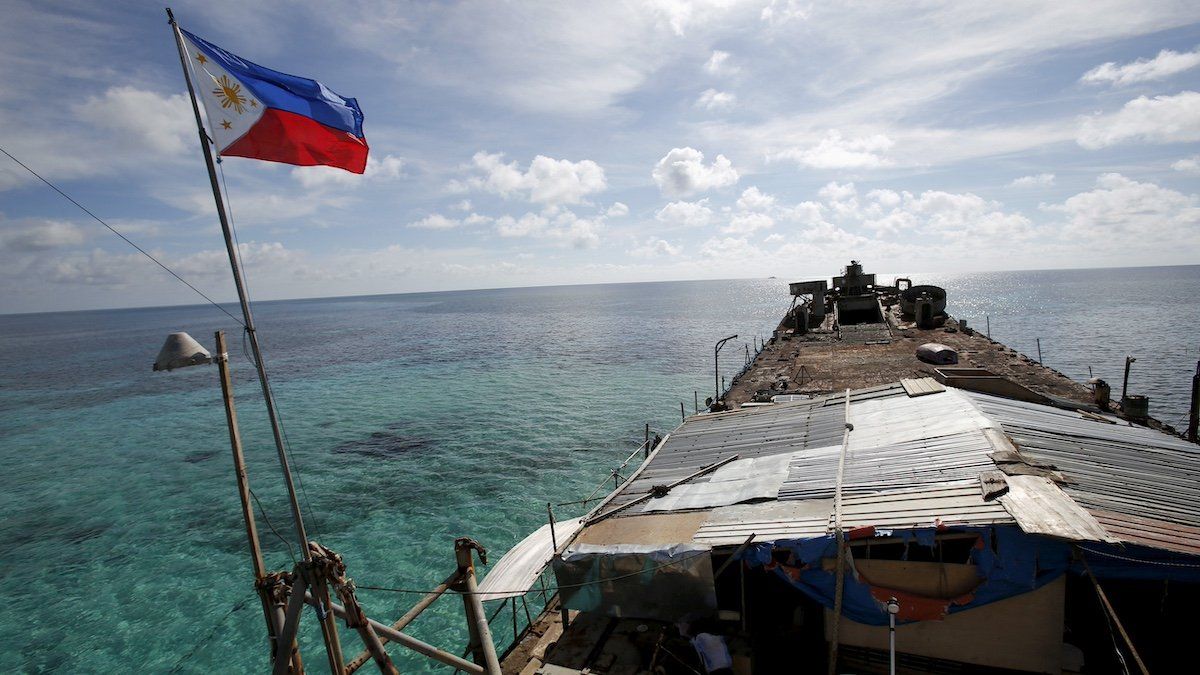On Monday, 3,500 US and Filipino troops began what could become their largest-ever annual training exercises on the Philippine island of Luzon. This came a day after major multilateral naval drills in the South China Sea and just ahead of a trilateral US-Philippines-Japan summit in Washington on Thursday.
The message to China? Take the US-Philippines alliance seriously.
How we got here: China’s beef with the Philippines is over control of the South China Sea, which Beijing sees as its territory. Manila deliberately beached a ship on the disputed Second Thomas Shoal in 1999 and has based a small contingent of Marines in the hulk ever since.
But that shell is falling apart, and when Manila tried to send reconstruction supplies last month, Chinese Coast Guard ships blasted the supply vessel with water cannons, immobilizing it and injuring several aboard.
“China is going up to 9 out of 10 of what it can do short of an armed attack on a public vessel, which would likely trigger the US-Philippines Mutual Defense Treaty obligations,” says Jeremy Chan, a senior analyst at the Eurasia Group.
Could it lead to war? Washington hopes displays of allied strength and unity will keep Beijing from crossing the line, but Beijing is equally determined to assert what it sees as sovereign rights.
“This is one of China’s absolute red lines,” says Chan. “The South China Sea is one of their core interests and part of party doctrine, just like Taiwan.”
Thursday’s trilateral will focus on joint efforts to deter China and will likely include announcements of upgraded US-Japan security ties.